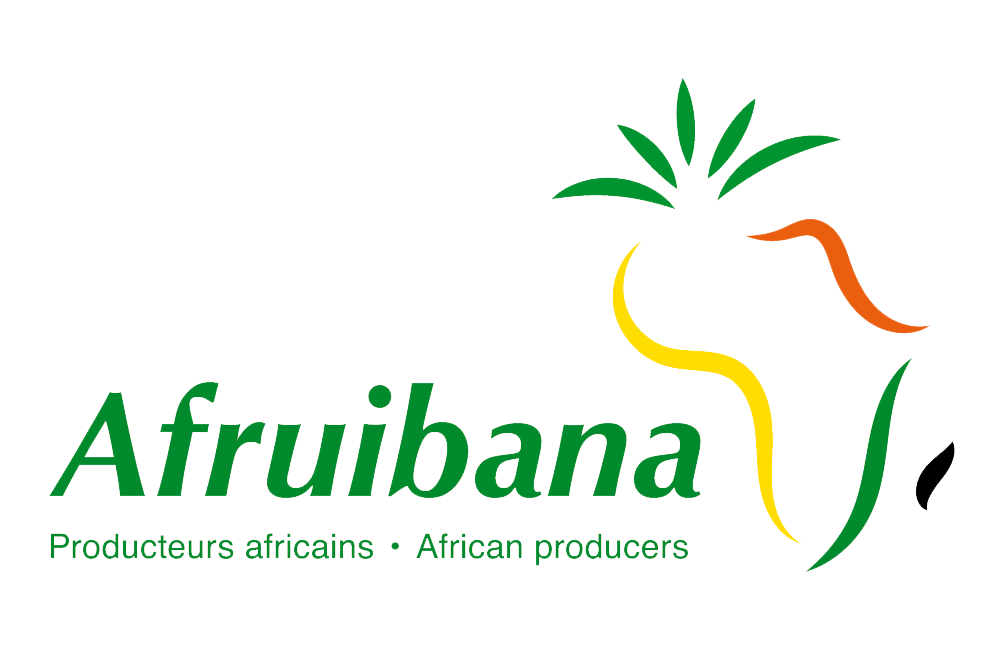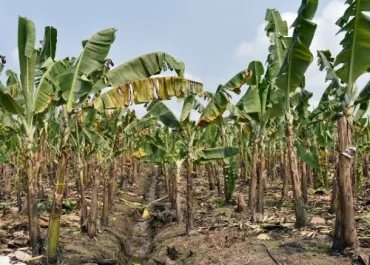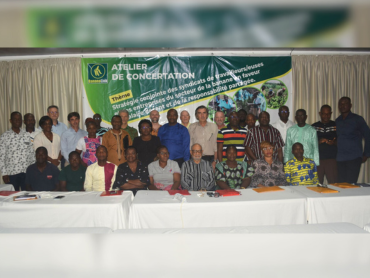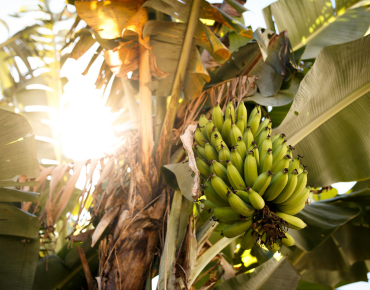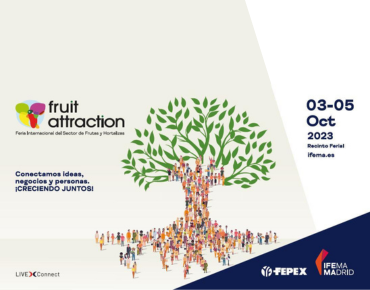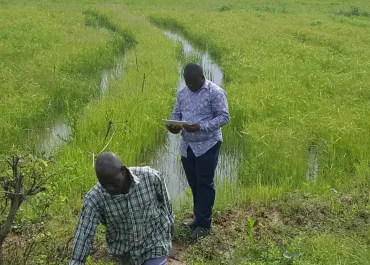
E-tumba, an innovative start-up that uses digital technology to reinvent agricultural support for African farmers.
24 March 2020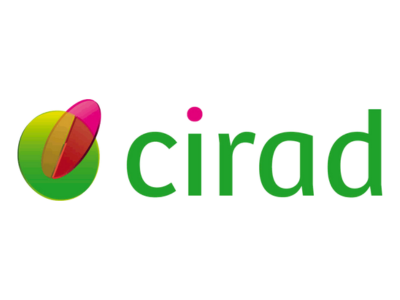
« The agro-ecological transition, as a political project, can really be an opportunity to build the world after Covid. »
30 June 20203 questions to… Anthony Blay, President of the Banana Producer Association and vice-president of Afruibana
How is the situation managed in Ghana?
The pandemic showed up with the first case around middle march and, at that time, the first reaction of the government was to close schools and put a ban on all social gatherings including churches. After one week, the cases went up, especially in Accra and in the second larger city in Ghana, Kumasi. Facing this situation, the authorities decided to put a lockdown on these two cities for two weeks. At the same time, the Ministry of Health took an aggressive testing policy to ascertain the level of spread and define if it was a community spread or if it had to do with isolated cases of people who had arrived from outside Ghana and it turned out that the majority of cases came from people from other countries, so that, on March,16, Authorities ban entry to travelers from countries with more than 200 COVID-19 confirmed cases. Now, there are more than eight thousand confirmed cases recorded in the country and the various measures put in place to limit the spread of the epidemic remain with over 220,000 tests done to date and testing continues. Very few cases are severe less than 20 and meaning most do not need hospitalization hence the health system is not yet overwhelmed. The ban on our borders has been said to be indefinite subject to further reviews. As a country, we have set up around 10 testing centers and the country employs the use of drones to reach isolated places in the country to take samples to be tested. Some facilities and hospitals have been mobilized as facilities for treatment and isolation of potential cases that might come up and more investment has been put in place to rehabilitate hospitals in all Districts and Regional centers where needed. The government has also engaged the private sector in manufacturing, producing of hand sanitizers, face masks, hair nets/screen, medical gowns and N95 masks for front line health workers. Ghana has also invested on an overly aggressive radio and television education to sensitize the population in order to minimize the spread of the virus. I would say that the strategy has been to test before many people show symptoms so that the situation can be managed and to reduce community spread.
What have you put in place at the various production sites in response to the epidemic?
Fortunately for us, Ghana was quite proactive in terms of putting dues measures that have permit that most of the states in which banana producers are implanted had no cases recorded. We have therefore put in place preventive measures to ensure that employees are not unnecessarily exposed to avoidable risks. We have therefore made soap available, increased the number of points dedicated to handwashing, and increased the water storage capacity of some farms in the event that the supply stops. We have also provided everyone in the farms with nose masks. Also, the question of transport quickly arose because in the buses that bring the employees to the different production sites, people are close to each other. We have provided several extra buses or when possible, the bus does two trips instead of the original one, so that within the bus we can have adequate social distancing. Each employee has to use hand sanitizer before entering in the bus and the temperature is taken using infra-red thermometers before you get into any of the company premises to make sure that we can be able to isolate quickly people showing symptoms and refer them to the appropriate authorities.
To conclude, we have added additional training to our farm nurses so that, in case one worker shows any symptom, they are able to deal with the situation effectively and direct them to the appropriate offices. In house screening of employees continues over and above the training so we continue to mitigate any challenges that may arise. These are the measures we have established among banana producers in the various production sites. So far, we have not any case of coronavirus infection on our plantation and we hope to keep it like that.
How is the pandemic affecting the volume of bananas sold?
We have indeed seen some differences for our company but, of course, it must be the same for our competitors. There has been a drop in demands which, of course, impact the sales. The volumes that were not on contract before the pandemic are very difficult to sell now. It is picking up gradually but still has not gotten to the levels it was before the pandemic.
Unfortunately, the trend of banana sales also goes down in summer. However, for the volume that was on contract and mostly was fair trade, that is still selling but for the ones that depend to the spot market, it is quite challenging. Most people don’t want to take a banana that might have been touched by a lot of other hands. But if they are into a plastic bag, then the consumers can sanitize the bag when they get to their house. We can, to some extent, engage it to ensure being able to sell our production.
